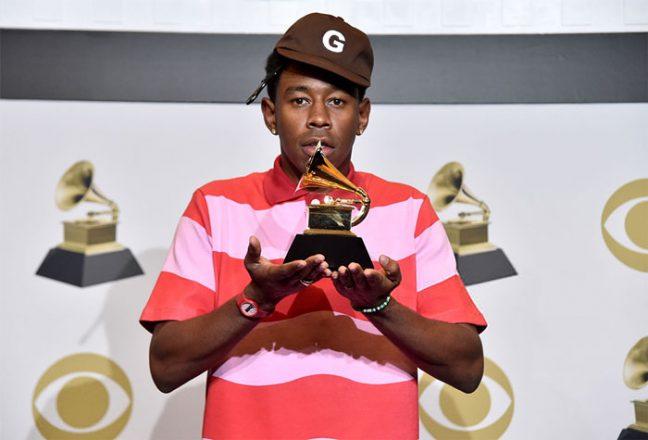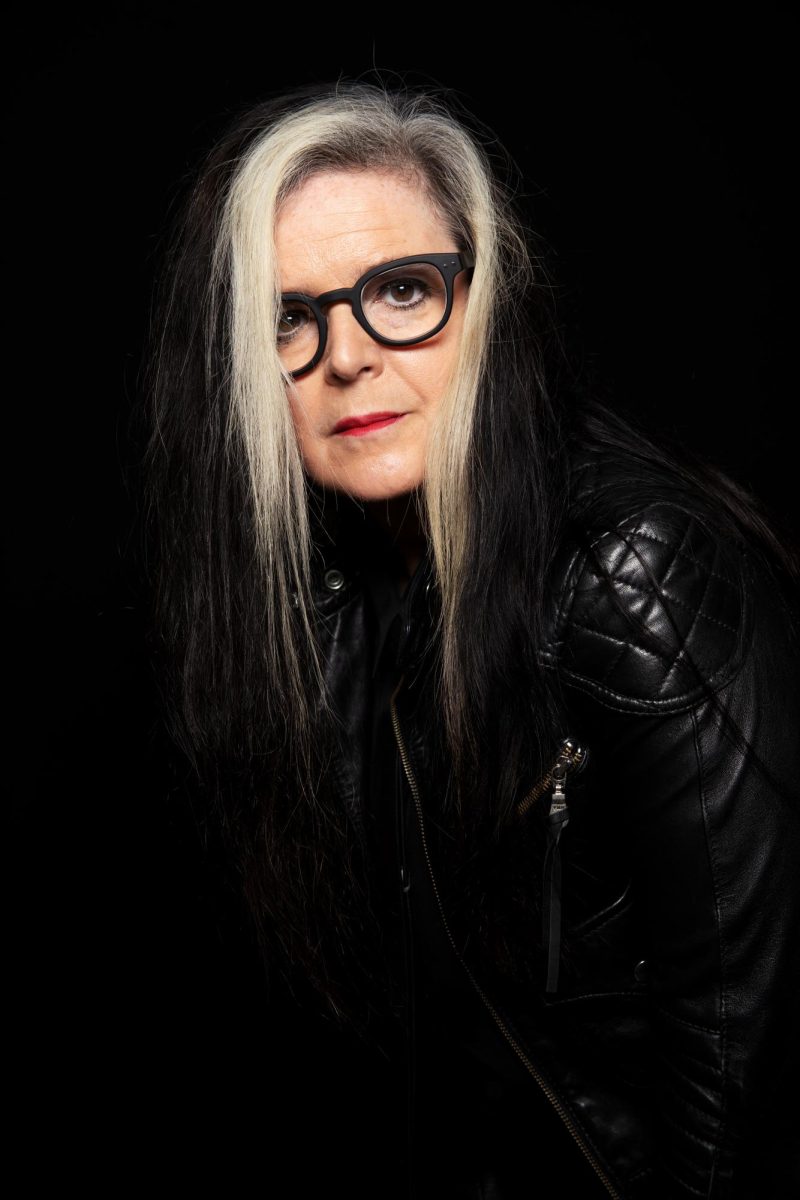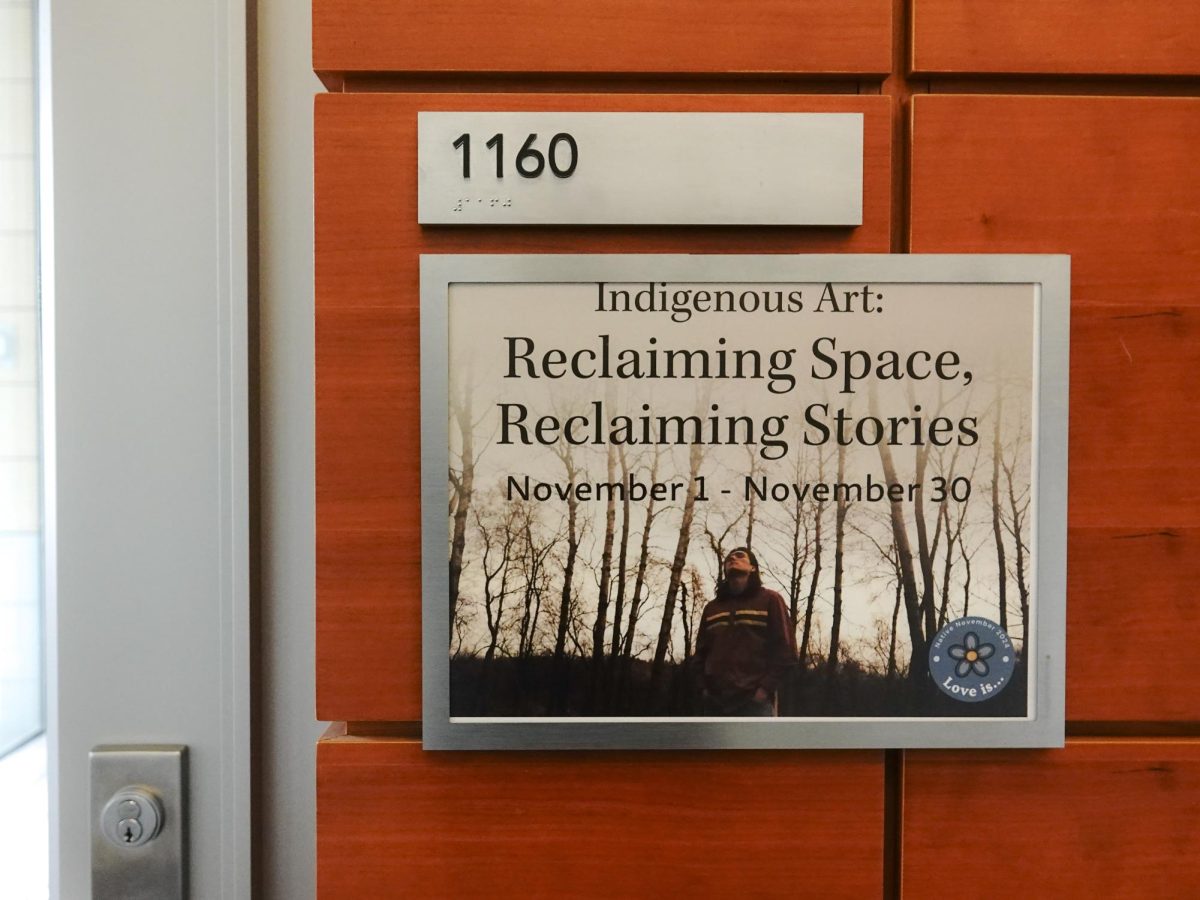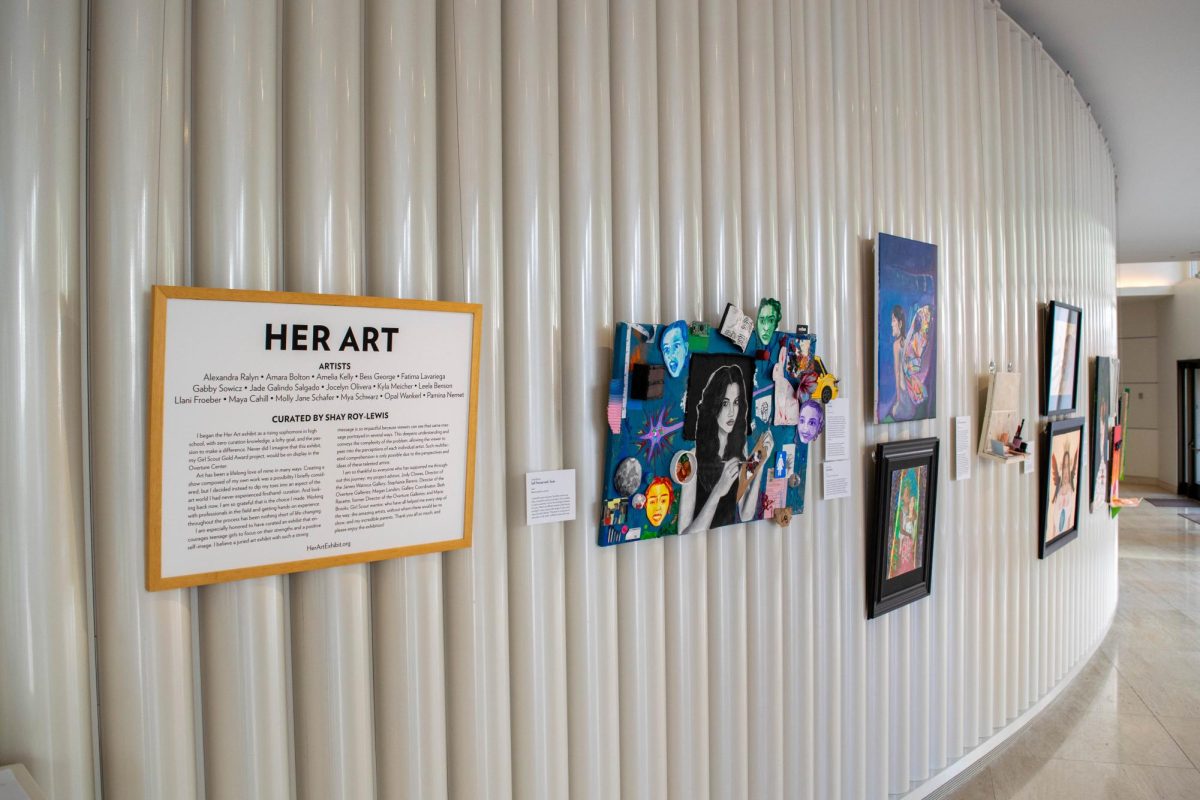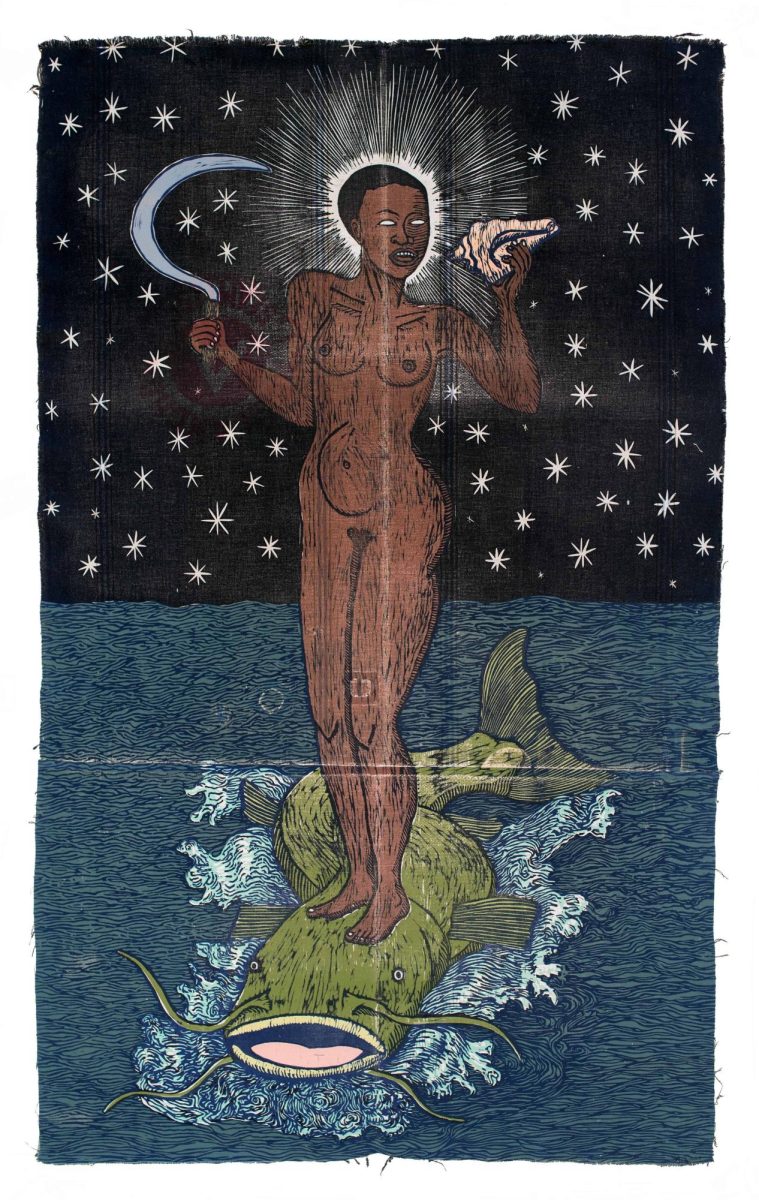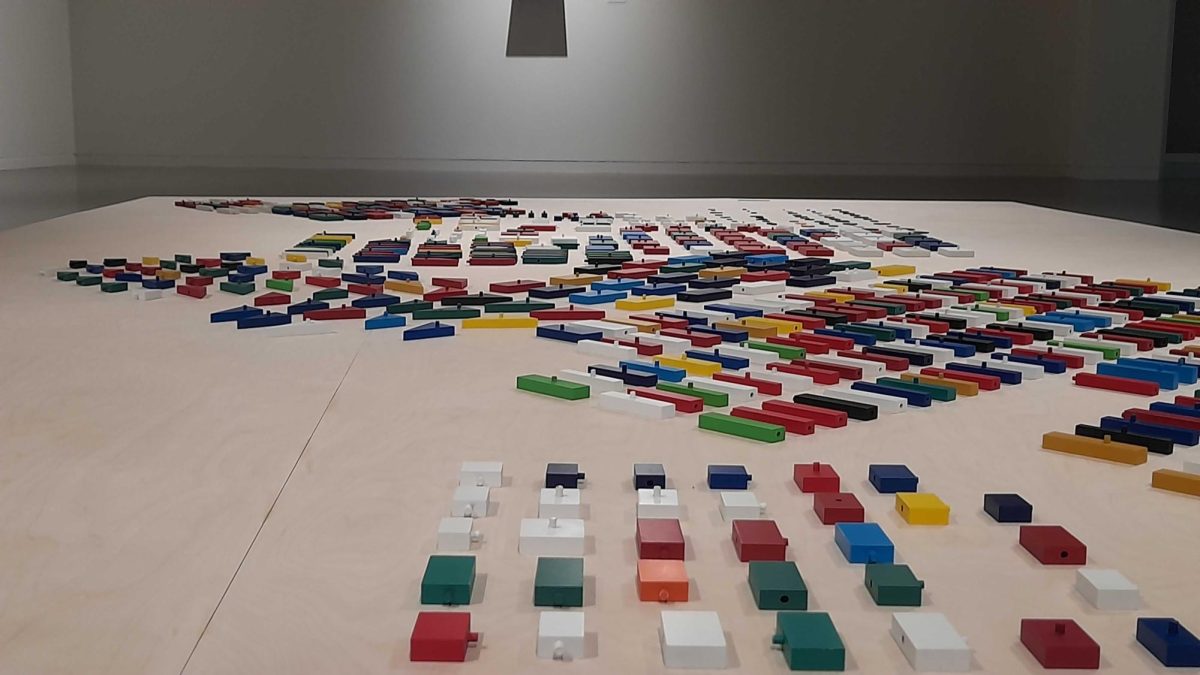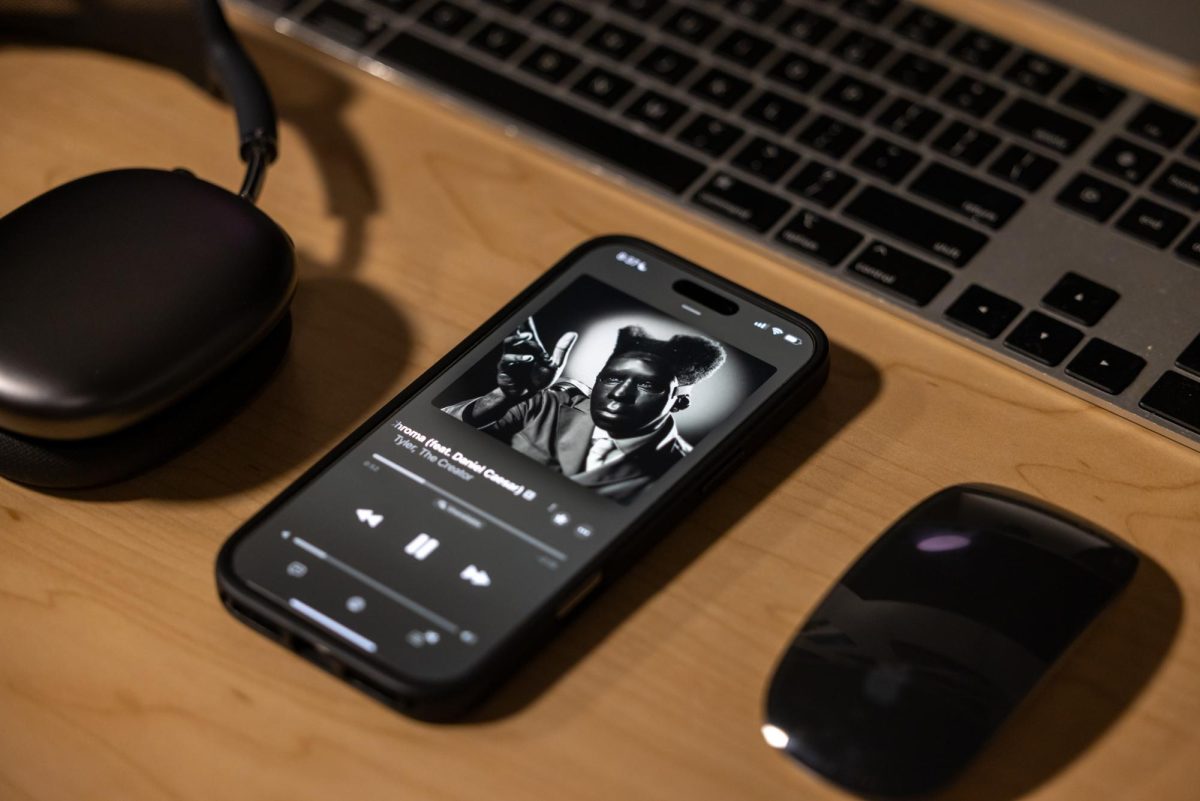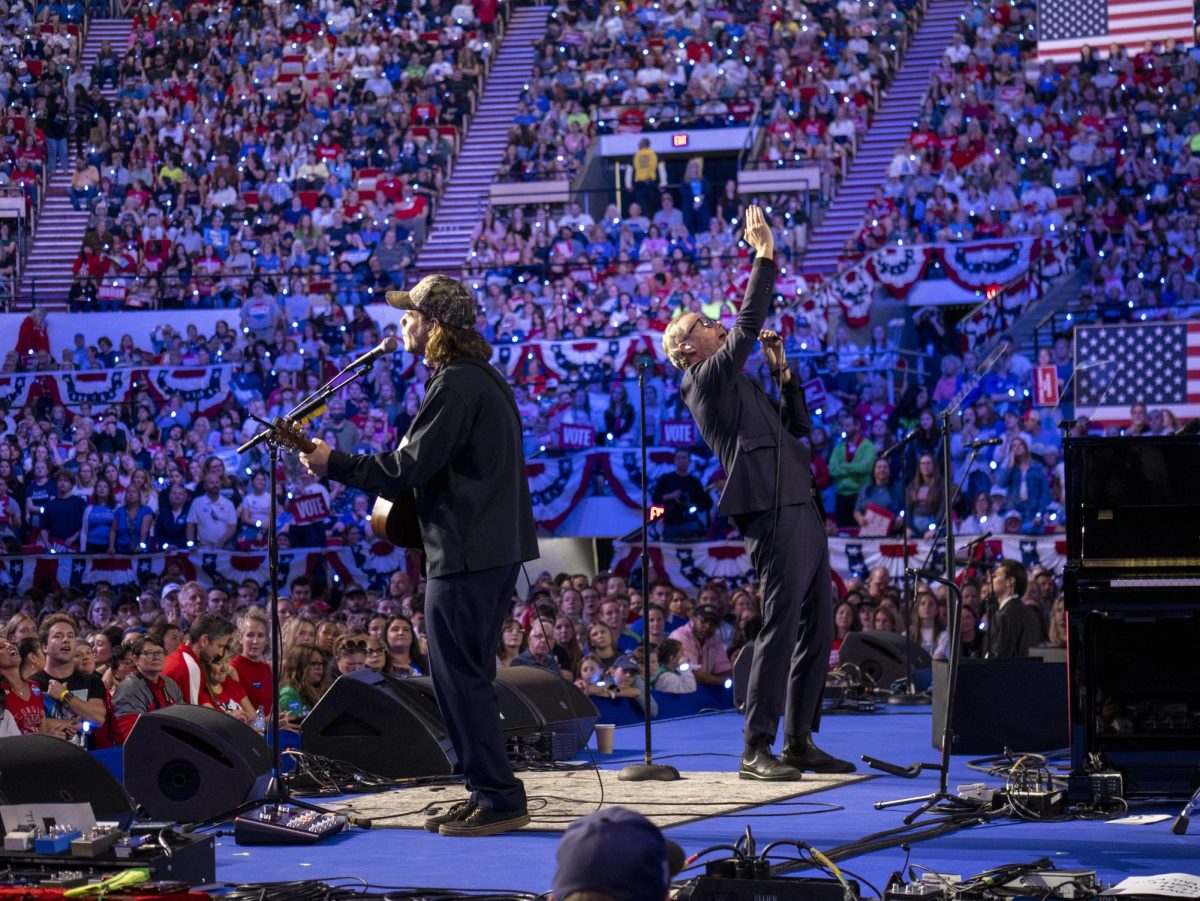The 2020 Grammy Awards saw lots of first-time winners taking the stage, a clean sweep from Billie Eilish and fan favorite artists snubbed. This, all while the world was shrouded in shock and grief as the news Kobe Bryant tragically died in a helicopter crash struck.
Amid the chaos, comments Tyler, the Creator (who is no stranger to being a polarizing and uncompromising figure) made about the Grammy Academy found their way into the flood of news this week and sparked conversation surrounding race and music awards.
After taking home Best Rap Album for “Igor,” Tyler critiqued the Academy’s genre categorization process, saying though he is excited about the accomplishment, the win feels like a backhanded compliment.
“On one side, I’m very grateful that what I made could just be acknowledged in a world like this, but also, it sucks that whenever we, and I mean guys that look like me, do anything that’s genre-bending, they always put it in a ‘rap’ or ‘urban’ category,” Tyler said. “I don’t like that ‘urban’ word. To me, it’s just a politically correct way to say the N-word. Why can’t we just be in pop?”
Grammys: Billie Eilish wins big on night clouded by scandal, grief
The Grammys have a history of failing to revere black artists outside of a few designated categories. Since 1957, only 11 Black artists have won Album of the Year.
Back in May 2019, Tyler tweeted very specific instructions on how to listen to “Igor.” He advised his fans to not expect a rap album — or any album, for that matter. Leave all expectations at the door.
Undeniably, “Igor” gave us more than rap. Tyler was singing a lot more on this project, and it is filled with fusions of hip-hop, soul, R&B and pop — not to mention, the rap songs are the exception rather than the rule.
Tyler’s music has dramatically evolved over the last decade. No one could predict the guy who gave us “Yonkers” would become the artistic visionary he is today.
Tyler the Creator is more famous, still angry on latest album
Beginning his career as head of the unruly hip hop collective Odd Future, he quickly built a cult following from the group’s rowdy, youthful energy in the late 2000s. Through the release of his early albums, “Bastard” and “Goblin,” he gained a reputation for his shocking and dark lyrics and visuals, though his projects lacked direction.
He began to branch out and present a more cohesive narrative with the release of “Wolf” in 2013, but Tyler really started to prove himself as an established artist with his album “Cherry Bomb” in 2015.
Not only was “Cherry Bomb” filled with features from big name artists like Kanye West, Pharrel Williams and Lil Wayne, but it was more experimental instrumentally and conceptually. It featured elements of rock and pop, which would evolve even more on “Flower Boy” and go on to define what Tyler’s music has become today.
While the topics of deprivation, loss and unrequited love have remained common among all of Tyler’s music, he always kept a hard edge about him, seemingly responding to his own emotions with aggression and hostility. “Flower Boy” was a turning point in disposition that showed Tyler’s sensitive side, and became his first Grammy-nominated album.
Dequadray, a senior art student at the University of Wisconsin and up-and-coming singer, rapper and producer, said he agrees with the sentiment of Tyler’s comments.
“I mean, that’s what it’s been. Before R&B was R&B, it was called race music — a literal whole genre for Black people that made music, and then it just morphed,” Dequdray said.
Dequadray, like Tyler, the Creator, is challenging norms with his music and message. He said he is always trying to figure out how to bend or soften the barriers between genres and in life.
Dequadray grew up in Atlanta, and can always remember wanting to be an artist, whether that was through music, with visuals or in other abstract ways. His music has been influenced largely by hip-hop and R&B.
It was an especially disheartening moment back in 2016 when Beyoncé was snubbed for “Lemonade,” taking home Best Urban Contemporary Album instead of Album of the Year, Dequadray said.
“They don’t want to give Black people these universal awards or these awards that are set aside for top artists, they want to give them ‘urban,'” Dequadray said. “At this point, are you just making the award for us because you weren’t gonna give them to us anyway?”
Tyler, The Creator, Kacey Musgraves, MFA art exhibits highlight ArtsEtc. favorites of semester
Similarly, Tyler compared his Best Rap Album win to giving your little cousin an unplugged controller just so they can “shut up and feel good about it.”
While Tyler tries to revel in his accomplishment, his comments have prompted a conversation that isn’t new, and probably isn’t going away anytime soon.
Does putting “Igor” into the rap category diminish and disregard everything that it truly is? Are genres melding so much into each other that there just really isn’t a category “Igor” would properly fit into? Is the Academy designating certain categories for Black artists?
Check out Dequadray’s latest release, “Mindin’ My Own Business” on Spotify.


